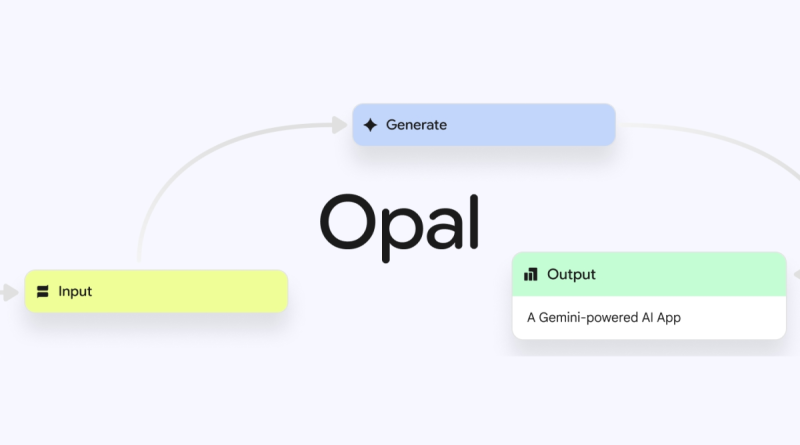Google Launches AI Vibe-Coding App Opal in 15 More Countries
Google is expanding the rollout of Opal, its AI-driven app development tool, to 15 more countries. Users in Canada, India, Japan, South Korea, Vietnam, Indonesia, Brazil, Singapore, Colombia, El Salvador, Costa Rica, Panamá, Honduras, Argentina, and Pakistan can now craft mini web applications using text prompts.
“When we introduced Opal to users in the U.S., we anticipated a focus on simple, fun tools,” said Megan Li, a Senior Product Manager at Google Labs, in a blog entry. “What caught us off guard was the wave of innovative, practical, and exceptionally creative apps produced with Opal. The ingenuity of these early users made it clear that we should extend Opal’s availability to more creators globally.”
Opal allows users to articulate the app they envision, employing various Google models to bring those ideas to fruition. After the app is created, users can access an editor panel to visualize and customize the process flow of inputs, outputs, and generation steps. They can click on any step to revise the prompt or manually add new steps via the toolbar. Moreover, users can publish their app online and share a link for others to explore using their Google accounts.
Alongside this expansion, Google announced upcoming enhancements for Opal.
The tech giant has improved the debugging capabilities while preserving a no-code framework. Users can now run their workflows step by step within the visual editor or modify actions directly in the console. Errors are flagged at the moment they occur, offering immediate context and minimizing confusion.
Google also highlighted significant enhancements to Opal’s core functionality. Previously, generating a new Opal could take five seconds or longer, but the company has made strides to shorten this duration to improve user onboarding. Additionally, users can execute steps concurrently, allowing for complex workflows with multiple actions to take place at once.
With the launch of Opal in July in the U.S., Google has entered a competitive arena that features tools from Canva, Figma, and Replit, all designed to empower non-technical users to generate app prototypes without the need for coding.



